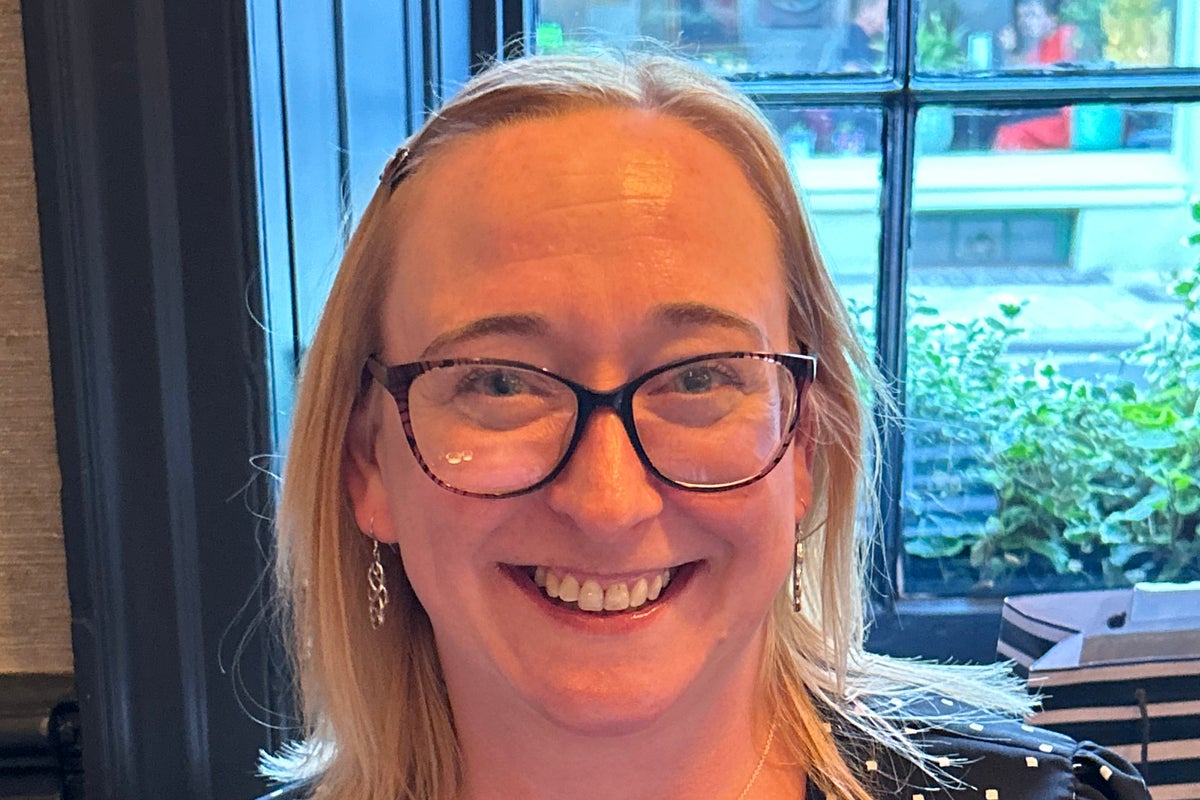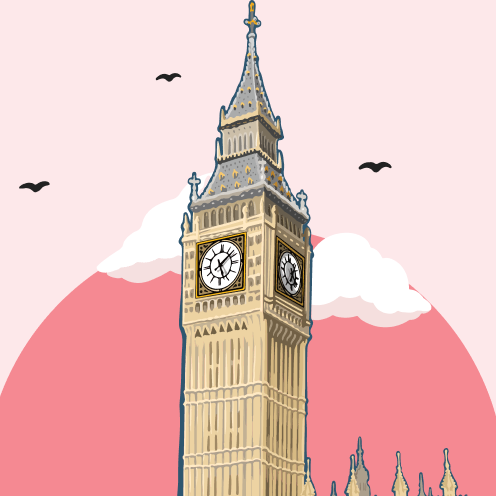
A woman accused of having an illegal abortion during Covid lockdown has been found not guilty.
Nicola Packer, 45, took abortion medicine at home in November 2020 and later took the foetus to Chelsea and Westminster Hospital in a backpack, her trial at Isleworth Crown Court heard.
The 45-year-old cried and wiped her eyes with a tissue after she was acquitted of the charge of “unlawfully administering to herself a poison or other noxious thing” with the “intent to procure a miscarriage” at the south-west London court on Thursday.
Ms Packer’s best friend Helle Tumbridge said her friend was “persecuted” for a “tragic accident” as she joined MPs’, royal colleges’ and abortion providers’ calls for reform to abortion law.
“Nikki and I have spoken about [abortion law reforms] a lot, and we both said that we really believe it, until the law has changed and abortion is decriminalised, then women are going to remain second-class citizens in this country,” Ms Tumbridge said.
Labour MP Tonia Antoniazzi, who went to court to support Ms Packer during the trial, branded the four-and-a-half-year investigation “cruel and unnecessary” as she urged reform of the law.
“The true injustice here is the years of her life stolen by a law written decades before women had the vote, for a ‘crime’ which doesn’t even apply in two nations of the United Kingdom,” she said. “Nicola’s experience, in her own words, includes being taken from her hospital bed to a police cell, denied timely access to essential medical care, and spending every penny she had on lawyers defending her case.”
The case will have been a “shocking wake up call to many that women are still being investigated and prosecuted for having an abortion today in this country”, said MP Stella Creasy, calling for a change to the law so that “the right to choose is a human right”.
The Royal College of Obstetricians and Gynaecologists (RCOG) said the trial of Ms Packer had shown “just how outdated and harmful” current abortion law is, with president Dr Ranee Thakar saying: “Restrictive abortion laws in England and Wales nurture an environment of fear, stigmatisation and criminalisation. They needlessly subject women to prolonged investigation, criminal charges, and custodial sentences for ending their own pregnancy.”
The college said it had joined with healthcare professionals and experts “from over 30 other medical, legal and public health bodies” to call on parliament to “take urgent action to protect women’s essential reproductive rights and stop these criminal proceedings”.
Katie Saxon, chief strategic communications officer at the British Pregnancy Advisory Service (BPAS), said: “A woman who sought medical attention after experiencing a traumatic event has had to endure a protracted police investigation and public trial, her private life picked apart by prosecutors and reported in the national press, at a huge emotional and financial cost. Prosecuting women for ‘illegal’ abortion is never in the public interest, and no woman should ever have to go through this again.
“In recent years, we have seen record numbers of women investigated for suspected illegal abortions. Women are being arrested straight from the hospital ward, their homes searched, and their children taken away. This cannot continue. Members of Parliament have a moral duty to decriminalise abortion for women and end the threat of police, prosecutions, and imprisonment once and for all.”
The government said any changes to abortion laws in the UK are “a matter of conscience for parliamentarians rather than the government”.
“All women have access to safe and legal abortions on the NHS,” the government spokesperson added. “Decisions to prosecute, within existing legislation, are for the CPS and are incredibly rare.”
Abortion provider MSI Reproductive Choices said the verdict showed “common sense and compassion” but urged legal reform to “stop women facing criminal prosecution”.
The trial heard Ms Packer had told two midwives that she had taken abortion pills received in the post from Marie Stopes, now known as MSI Reproductive Choices.
Ms Packer, then 41 years old, took the prescribed medications mifepristone and misoprostol, when she was around 26 weeks pregnant during the second coronavirus lockdown, jurors previously heard.
The legal limit for taking medication at home for an abortion is 10 weeks. The typical full gestation term is 40 weeks and the outer limit for abortions in the UK is normally 24 weeks, though there are grounds where there are no limits.
Prosecutors had alleged Ms Packer knew she was pregnant for more than 10 weeks, which she had denied, speaking of her “shock” and “surprise” at being pregnant.
She tearfully told the jury of nine women and three men that she would not have taken the medication if she had known how far along she was, telling the court: “I wouldn’t have put the baby or myself through it.”
Ms Packer, who sat near her defence team throughout the trial, did not discover she was pregnant until she took a test on 2 November 2020, the court heard.
She took abortion medication on 6 November and went to hospital the following day, having passed a foetus into the toilet, her trial was told.
Jurors heard Ms Packer spent the night of 7 November in hospital and was arrested by police the next day.
Following six hours of deliberations, the jury reached its unanimous not guilty verdict. Ms Packer was supported by five people in the public gallery, with some hugging each other after the verdict was read to the court.
The Crown Prosecution Service said its prosecutors “exercise the greatest care” when considering “traumatic cases” like the trial of Ms Packer.
The spokesperson continued: “We recognise the profound strength of feeling these cases evoke, but have a duty to apply laws passed by Parliament fairly and impartially.
“The role of the Crown Prosecution Service in this case was not to decide whether Nicola Packer’s actions were right or wrong, but to make a factual judgement about whether she knew she was beyond the legal limit when she procured an abortion.
“Prosecutors considered there was enough evidence to bring this case for a court to decide, and we respect the jury’s decision.”
Source: independent.co.uk


